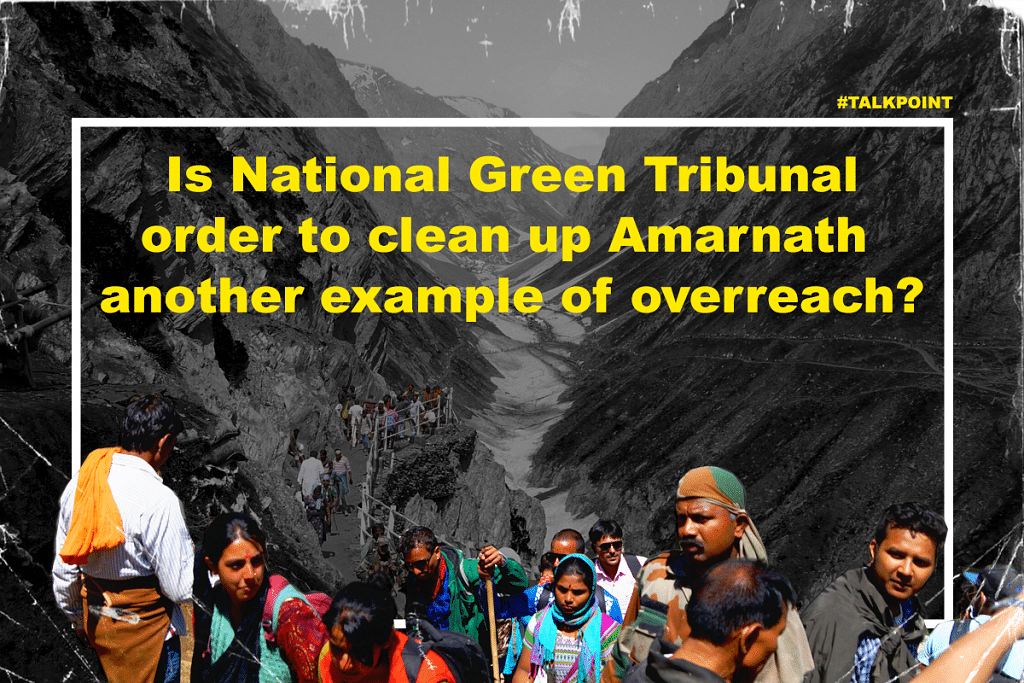ThePrint asks:
Is National Green Tribunal order to clean up Amarnath another example of overreach?
The National Green Tribunal is unlike any other tribunal in India in two ways—the breadth of its jurisdiction, and the scope of its powers. While the problems which plague other tribunals—like government apathy, lack of capacity, inefficient functioning—probably affect the NGT as well, it is also perhaps the only tribunal whose faults and problems are spoken about the most in the mass media, precisely because of its unique features.
While it is tempting to judge the NGT on the basis of its ‘sensational orders’ (mostly concerning the Principal Bench), these are, in my view, distractions. While the orders may be problematic and should be challenged in a higher forum, it would be wrong to assume that this is its default mode of functioning.
There are other systemic concerns to be worried about:
- The absence of a scientific manner of assessing damages payable (as a study by the Vidhi Centre for Legal Policy and World Wildlife Fund showed),
- the interference in its functioning by the Union Ministry of Environment and Forests (such as the move to shift Goa cases away from the Western Bench), and
- the persistent problem of vacancies (which the government, far from addressing, is trying to make the norm)
The NGT’s task is a tricky one and is unlikely to please all sections. Balancing environmental concerns and economic activity is always going to be difficult in a vastly unequal society like India, with a history of mutual antagonism among the classes. The environmental concerns and economic interests at stake are not the concerns of just the litigants.
While it is a judicial forum, its role is political—it is trying to balance competing interests of different sections of society, but within the framework of law. Its powers, its jurisdiction, and the correctness of its orders will always be a matter of debate and contest. But what it should ensure is that as a judicial forum, even one outside the formal judiciary, its procedure, functioning, and conduct are absolutely unimpeachable.
Alok Prasanna Kumar is a Senior Resident Fellow at the Vidhi Centre for Legal Policy
